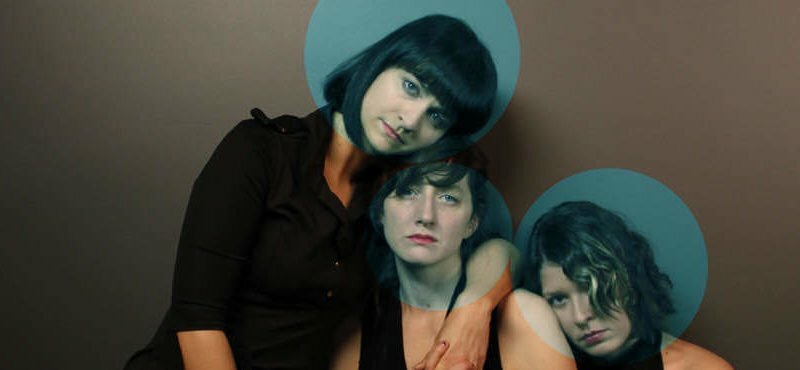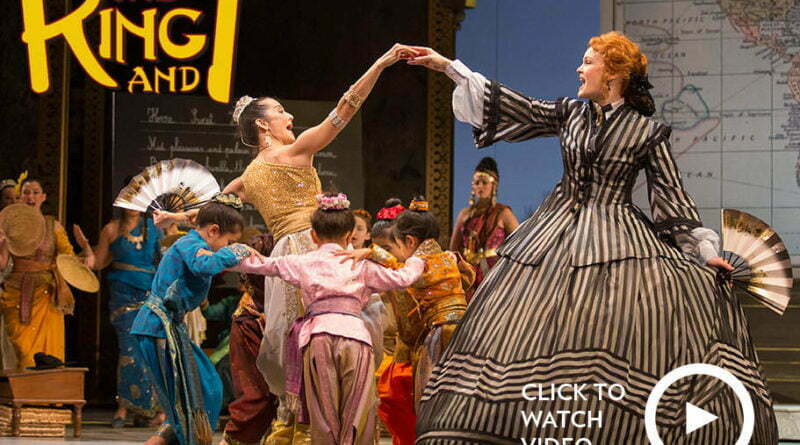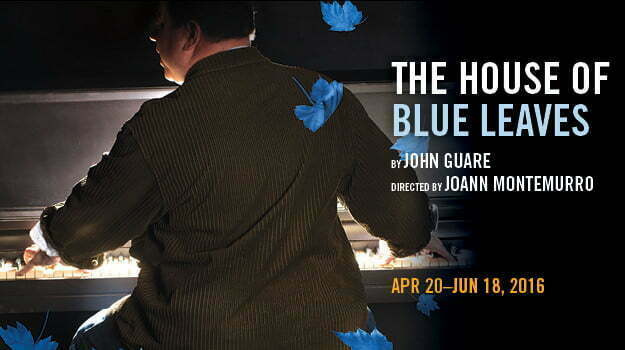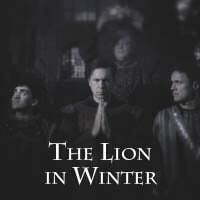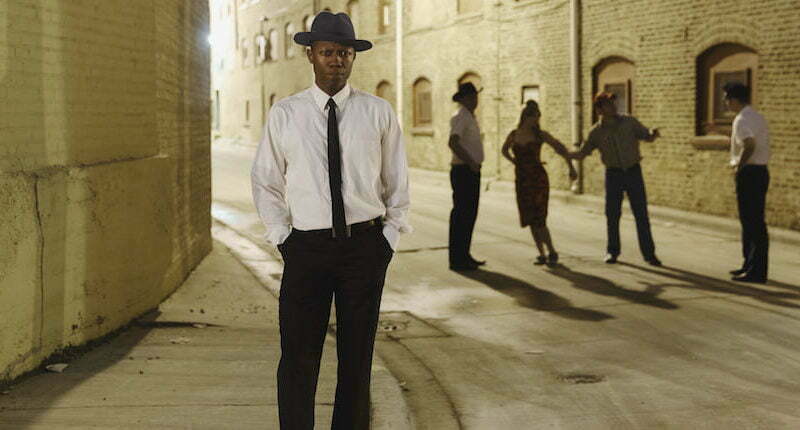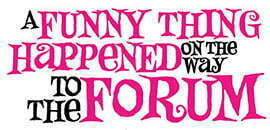Second City e.t.c.’s 40th Revue – A Red Line Runs Through It
Safe to say, the scope of topics played upon is wide enough that if you live in America and have Internet or cable, you’ll be heartily entertained.
This was only my second foray into Chicago’s sketch-comedy scene, but it’s not hard to see why The Second City is so highly regarded: the energy never lagged, the jokes always landed for someone (particularly the guy across the aisle from me), and the agit-prop nimbly toed the line between discomfort and comedy. I can’t imagine sketch comedy gets any better than this.
Read More

